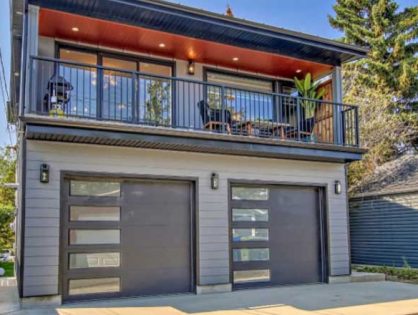Do you plan to acquire an income-producing property? A store, a strip mall, a small office building or medical clinic? If so, you could use the help of a small commercial mortgage.
Different lenders offer vastly different ranges of funding for small business real estate, typically somewhere in the range of $500,000 to $3,000,000. A mortgage broker has access to all lenders and all ranges of funding, saving you the time and headaches of shopping around.
Contact me at www.alberta-mortgages.com. for one-stop shopping for your new location.
In many ways, a small commercial mortgage is similar to the traditional home mortgage that we are all familiar with.
You will need an appraisal. Lenders need to know how much the property is actually worth.
Your property will have a much easier time getting a mortgage if it is in an area with comparable properties, so that the lender is able to trust that the appraisal is accurate and meaningful. If this is not your situation, have no fear. Banks might shy away from your property, but mortgage brokers have access to private lending networks who are more flexible on this point.
If your property is a specialty building, chances are traditional lenders will also shy away. A specialty building is one that would be hard for the lender to sell if ever it needed to foreclose, because demand would be very small. Examples of this might be schools and churches, banquet halls, hotels or motels , car washes and sometimes restaurants. Once again, a mortgage broker has access to private lending that is much more flexible on this point.
You will have some options. There are plenty of choices for fixed or variable rates, for one-year terms or five-year terms, or even longer, for longer or shorter amortization rates. In these respects, a commercial mortgage can be quite similar to a residential mortgage. However, options from each lender are typically more limited.
Income also counts, just as much for commercial mortgages as for residential loans. Lenders will want to know what income the property generates. This could be much more complicated for a business, especially one that is not yet installed in its new location, that for a residential mortgage of an employed home owner. In this case, the type of building can make a big difference. For example, a multi-unit residential building can easily be evaluated for income potential based on its condition, local rents and the current vacancy rate in the neighborhood.
And, as with residential mortgages, it also helps greatly to have a down payment. The higher the ratio of equity to loan, the more likely you are to find a lender, and the better rate you are likely to negotiate.
One thing to be prepared for is the extra time it typically takes to evaluate a commercial property, and the extra money. In most cases, legal fees and appraisal costs are higher than for residential mortgages.
One thing that is worth mentioning, in case it is not obvious, is that a commercial mortgage is NOT an operating loan or a line of credit. It is a secured loan against a hard asset – your real estate. This is strictly an option for acquiring or refinancing the property on which your business operates.
Armed with this information, you should be ready to consider properties. When the time comes, financing won’t be such a mystery.




